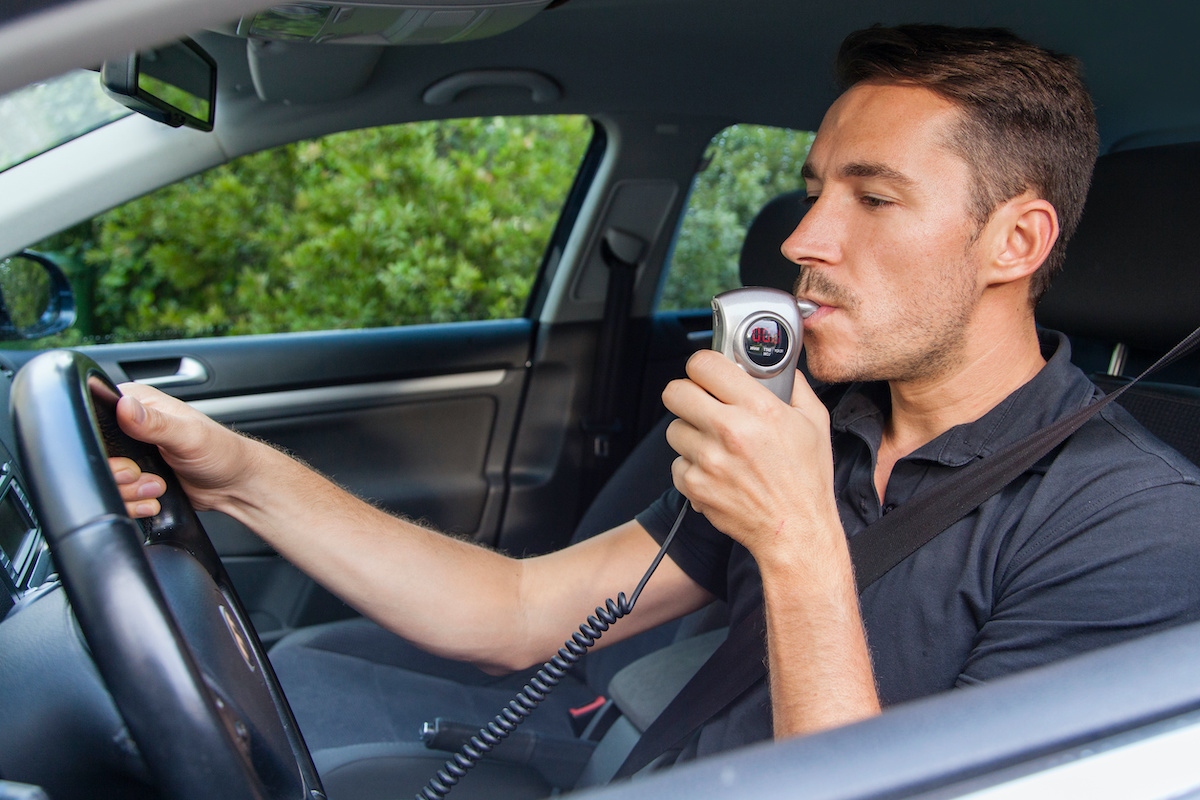Ignition interlock is a device wired into your car; it has a tube you blow in. It sits right next to you, and you’re supposed to blow into it when you start your vehicle, and you might have to blow into it occasionally while driving to prove you’re not drinking.
Ignition interlock frequently goes hand-in-hand with second, third, or fourth DWIs. So when someone is a repeat offender with DWIs, they end up with this device in their car, either through the Department of Revenue or the court system.
There are also ways that a first-time offender can get an ignition interlock, but they almost have to try to get there. After you get a DWI, you might get tons of letters telling you to sign up. They’re solicitation letters. Don’t do it. Call an attorney.
If you have an ignition interlock, you must blow into it to start your vehicle. Suppose you haven’t been drinking but get a false positive, that result creates a series of problems. False positives can happen if you use mouthwash or certain foods. That is why I send my clients a list of things to avoid.
Ignition interlock can be a good thing if you need help staying sober. Most of my clients don’t want it because of social stigma. I don’t usually have my clients initially put the device in their car. Sometimes, it happens if there is a restriction on the client’s license or a court-ordered condition of probation. So I try to warn my client so they can get their mind wrapped around it.
